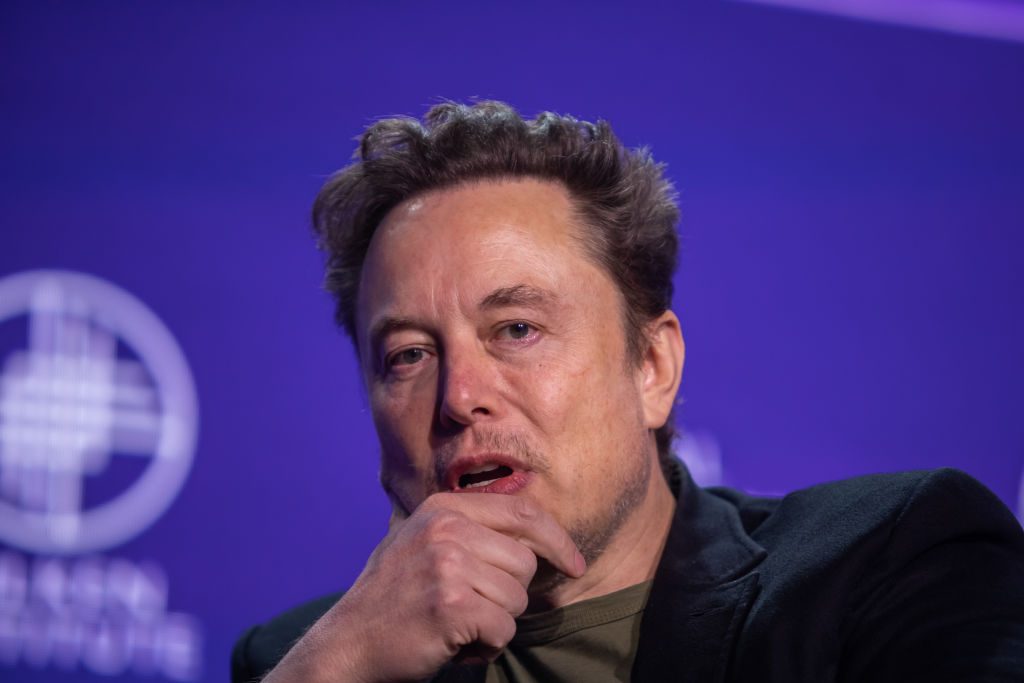Listen to the article
Elon Musk’s Grokipedia Emerges as AI-Powered Challenger to Wikipedia
Elon Musk’s latest venture, Grokipedia, launched this week, represents the first serious AI-powered competitor to Wikipedia after years of speculation about artificial intelligence disrupting the online encyclopedia space.
Unlike previous Wikipedia rivals that simply copied code and struggled to recruit volunteer editors, Grokipedia takes a fundamentally different approach. The platform uses artificial intelligence to scrape and transform Wikipedia’s content with minimal human oversight, creating a potentially more efficient but controversial alternative.
Industry analysts note that Musk’s ability to create Grokipedia stems largely from Wikipedia’s own permissive licensing policies. The Wikimedia Foundation has long encouraged the repurposing of its content as part of its open-source ethos, even using its platform for political campaigns like “going dark” to protest stronger copyright laws. This stance has inadvertently weakened Wikipedia’s moral and legal position to complain about Musk’s appropriation of its content.
The situation parallels the ongoing tension between Google and traditional publishers. Google’s AI summaries have reportedly caused traffic to original sources to plummet by as much as 89%, according to data submitted to the Competition and Markets Authority by Daily Mail Group. Matt Rogerson, policy chief at the Financial Times, has characterized this as breaking “the social contract of the open web.”
Media experts warn that these developments could lead to a more homogenous information ecosystem with less diversity of sources. The volume of AI-generated content now exceeds human-created material online, creating a feedback loop where AI systems increasingly train on other AI-generated content—a phenomenon some critics compare to mad cow disease.
Early reviews of Grokipedia’s initial “0.1” version reveal mixed results regarding accuracy and bias. Climate academic Dr. Roger Pielke has reported finding AI-generated falsehoods in some entries. Other users have noted that Grokipedia’s approach to controversial topics differs from Wikipedia’s. For instance, Grokipedia’s entry on the COVID-19 lab-leak theory does not label it a “conspiracy theory” as Wikipedia does.
Musk plans to implement a Community Notes-style process allowing users to suggest amendments to Grokipedia entries. However, critics point out that such systems are vulnerable to manipulation and abuse, similar to the “wheel wars” that plague Wikipedia, where editors constantly revert changes made by others.
Defenders of the new platform argue that human-edited Wikipedia is far from perfect. Notable hoaxes have remained undiscovered for years on Wikipedia, including fabricated sections of Russian and Chinese history. However, skeptics maintain that artificial intelligence is unlikely to resolve these deep epistemological challenges.
Professor Heather Ford, a sociologist who studies Wikipedia, explains that the platform sidesteps questions of absolute truth through its verifiability principle: “There are no remedies for truth on Wikipedia. They can only rule on behavior.” Content must be properly sourced, but not necessarily accurate.
Large language models offer little improvement in this regard. At their core, they function as statistical word completion engines prone to “hallucinations”—confidently stated falsehoods that are endemic to the technology. With Musk’s machine-driven approach, information consumers may find themselves navigating content that is simultaneously more sanitized in presentation yet potentially wilder in its factual deviations.
As the battle for online knowledge curation evolves, Grokipedia’s emergence signals a potentially significant shift in how information is compiled, verified, and presented in the digital age, with implications reaching far beyond the encyclopedic space.
Verify This Yourself
Use these professional tools to fact-check and investigate claims independently
Reverse Image Search
Check if this image has been used elsewhere or in different contexts
Ask Our AI About This Claim
Get instant answers with web-powered AI analysis
Related Fact-Checks
See what other fact-checkers have said about similar claims
Want More Verification Tools?
Access our full suite of professional disinformation monitoring and investigation tools




11 Comments
Interesting development in the encyclopedia space. I’m curious to see how Grokipedia’s AI-generated content compares to the collaborative, human-curated model of Wikipedia in terms of reliability and trustworthiness.
A valid question. The tradeoffs between efficiency and oversight will be critical in evaluating the merits of Grokipedia’s approach.
The potential for AI-powered platforms like Grokipedia to disrupt traditional models like Wikipedia is intriguing, but the risks of unchecked disinformation cannot be ignored. Thoughtful governance and user education will be essential.
Grokipedia’s AI-powered model raises valid concerns about information accuracy and accountability. While open-source ethos is admirable, the line between repurposing and exploitation needs to be carefully considered.
You raise a fair point. The potential for AI-driven disinformation is concerning, especially when building on existing open-source content.
Elon Musk’s foray into this arena is noteworthy, but the concerns around disinformation and lack of accountability are understandable. The long-term impact on the reliability of online information sources bears watching.
While the open-source ethos behind Wikipedia is commendable, Grokipedia’s AI-driven model does seem to push the boundaries. Maintaining quality and credibility in the face of rapid content generation will be a key challenge.
Agreed. The delicate balance between accessibility and accuracy will be critical in this evolving landscape of online information.
While the concept of an AI-powered encyclopedia is intriguing, the potential for Grokipedia to become a source of disinformation is concerning. Maintaining trust and credibility in the face of rapid content generation will be a significant challenge.
Grokipedia’s AI-driven approach is an interesting innovation, but the concerns around information quality and accountability are valid. Striking the right balance between efficiency and reliability will be crucial for its long-term viability.
Well said. The tradeoffs between speed and accuracy will be a key consideration as these AI-powered platforms evolve.